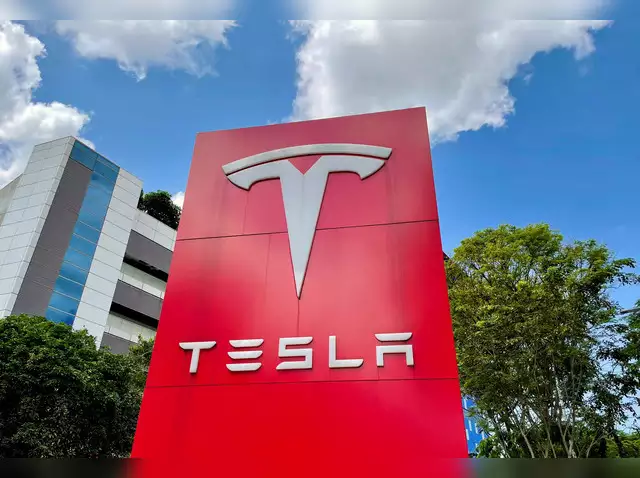Discover how the historic semiconductor agreement between Tesla and Tata Electronics is influencing the EV revolution in India. Examine how this strategic alliance may affect India’s electrification progress and what effects it could have.
Unexpectedly, the US-based electric vehicle (EV) giant, Tesla, has signed a strategic agreement with Tata Electronics to acquire semiconductor chips for its international operations. This is a ground-breaking development that comes ahead of Elon Musk’s visit to India in December 2017. This covert agreement not only highlights Tesla’s growing interest in the Indian market, but it also marks a turning point in India’s electrification journey. Let us explore this important alliance and its repercussions in more detail.
Tesla’s India Mission: Going Beyond Income Creation
With rumors swirling about its possible debut into the developing EV market on the subcontinent, Tesla’s move into India has been eagerly anticipated. Elon Musk, the mysterious CEO of the firm, is said to be traveling to India to meet with Prime Minister Narendra Modi, suggesting that significant capital may be invested in the nation’s infrastructure for EV production. With its debut into India, the most valuable car business in the world, Tesla, may trigger a radical change in the country’s automotive industry.
Tesla’s Global Ambitions Driven by the Strategic Semiconductor Deal
India’s ability to manufacture semiconductors has advanced significantly with the partnership between Tesla and Tata Electronics. Tesla is expanding its supply chain and supporting regional manufacturing ecosystems by establishing Tata Electronics as a dependable source of semiconductor chips. This action is consistent with Tesla’s overarching plan to build its global sourcing capabilities while decreasing reliance on a particular market.
Consequences for India’s Auto Industry
1. Boost to Local Manufacturing: The Indian automobile industry is expected to get a significant boost from Tesla’s possible investments there. Tesla may function as a spur for the development of a strong electric vehicle ecosystem in India by emphasizing local sourcing and production.
2. Skill Development and Job Creation: With Tesla’s possible investments and Tata Electronics’ expansion plans, there may be a spike in job openings in the semiconductor and electric vehicle manufacturing industries. This might then support technological transfer and talent development, encouraging creativity and local capacity.
3. EV Adoption Acceleration: With Tesla’s debut into India and its semiconductor agreement with Tata Electronics, the nation may see a quicker uptake of electric cars. Tesla may overcome the pricing barrier and increase demand for electric cars by launching premium EV models and making investments in domestic production.
Tata Electronics: The Strategic Needs
Tata Electronics is dedicated to promoting innovation and technical growth in India, as shown by its pivotal position as a supplier of semiconductors to Tesla. Tata Electronics is positioned to become a key player in India’s semiconductor industry because to large investments in semiconductor production facilities and an emphasis on the development of domestic technologies.
Final Thoughts: Getting India Ready for the EV Revolution
A new age of cooperation and innovation in India’s automotive sector is marked by the Tesla-Tata Electronics semiconductor deal . The scene is set for a revolutionary path towards electrification and sustainability as Tesla prepares to make its impact in the Indian market, supported by Tata Electronics’ semiconductor competence. This alliance has the potential to push India to the forefront of the EV revolution in addition to serving as an example of the coming together of major international corporations.
“Tesla-Tata Electronics Semiconductor Deal: Unveiling India’s EV Revolution Gateway”




One thought on ““Tesla-Tata Electronics Semiconductor Deal: Unveiling India’s EV Revolution Gateway””